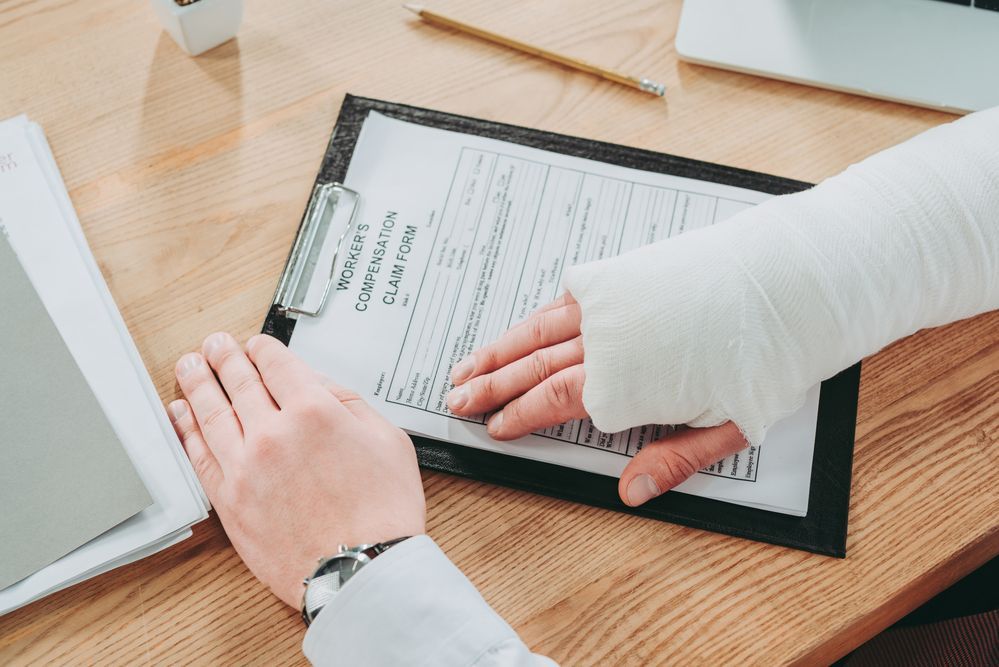What Questions Will Be Asked In A Personal Injury Deposition?
It is nerve-wracking to go through a personal injury deposition. Seeking compensation for your injuries is your right, but you must prepare for piles of questions thrown at you by the opposing counsel. This stage of the legal process can be challenging but you must get through it. Don’t worry, in this blog post, we compiled a list of personal injury deposition questions that you can expect.
Please State your Name and Address
To start, the opposing counsel will ask you to state your valid name and address. Just keep it short, clear, and accurate. This is to commence the deposition on a formal note.
Can you Describe the Incident that Led to your Injury?
This time, you will need to narrate the events that resulted in your injury. Always stick with facts and do your best to stray away from speculations and exaggerations. With confidence, concisely tell the incident.
Were there any Witnesses to the Incident?
Of course, the opposing counsel will ask you for any information about potential witnesses. If there were anyone present, state their names and if possible, their contact details too. This question’s objective is to establish the credibility of your account.
Did you Seek Medical Attention Immediately after the Incident?
In any personal injury case, medical records are vital. If you sought medical attention, prepare to discuss it. List down the medical care timeline, what injuries were treated, and any ongoing treatment.
Have you had any Previous Injuries or Medical Conditions Similar to the One you're Claiming?
This question is asked by the opposing counsel to find out if your current injury is pre-existing or related to your previous medical conditions. When asked, all you have to do is be honest and give them accurate information. This helps you keep your credibility intact.
How has the Injury Affected your Daily Life?
This question delves into the impact the injury has had on your life, such as physical limitations, emotional distress, or financial burdens. Explain the challenges concisely, emphasizing the extent of disruption caused.
Have you Posted Anything on Social Media Related to your Injury?
As we progress in the digital age, social media becomes significant in legal proceedings. Your online presence can be scrutinized by the opposing counsel. They will look through posts and pictures that can contradict your claims. Thus, you must stay cautious about whatever you share online.
Did you Receive any Advice or Recommendations from Healthcare Professionals Regarding your Injury?
The opposing counsel may want to know if you followed the advice of a medical professional. You will need to expound more if you adhered to recommended treatment plans. Lay out the medical care suggestions given to you and what actions you’ve taken.
Why do you Believe the Opposing Party is Responsible for your Injury?
Now comes the tricky part: crafting a convincing argument that the opposition is liable for your injury. You have to be concise and ensure to provide evidence and any supporting evidence that led to your injury. This is the question where you can prove and validate your claim.
In need of a trusted legal team in Texas? Head on to John C. Mallios & Associates and feel free to contact us. Learn more about the personal injury law today!










